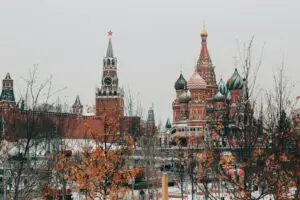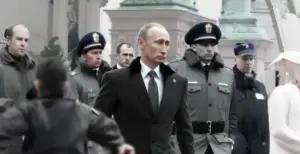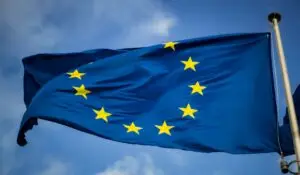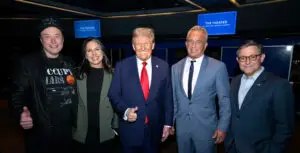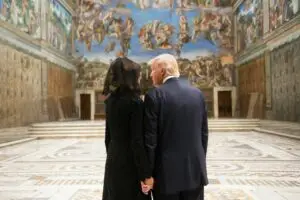The FIFA decision to award the 2034 World Cup to Saudi Arabia has ignited intense global debate. While FIFA promotes this as a symbol of unity and progress, critics highlight serious concerns about human rights, geopolitical motives, and the transparency of the bidding process. Adding to these debates are the murder of Saudi journalist Jamal Khashoggi and the ongoing limitations on women’s rights in the country.
Jamal Khashoggi’s Murder: A Scandal That Cannot Be Ignored
In 2018, Saudi journalist Jamal Khashoggi was brutally murdered at the Saudi consulate in Istanbul, sparking international outrage. Intelligence agencies, including the CIA, implicated Saudi Crown Prince Mohammed bin Salman, though he denies involvement. For many, Khashoggi’s assassination epitomizes Saudi Arabia’s systematic suppression of dissent. The FIFA decision raises serious questions about whether the organization prioritizes ethical principles in its hosting decisions or overlooks them for political and economic convenience.
Women’s Rights: Genuine Progress or PR Stunt?
Saudi Arabia has introduced some reforms in recent years that garnered international attention, such as allowing women to drive since 2018. However, these changes remain superficial. The male guardianship system still restricts women’s autonomy in essential matters like travel, marriage, and healthcare. Many activists who fought for these reforms remain imprisoned, highlighting the limited scope of progress. Critics accuse FIFA of using such reforms to justify its decision while ignoring systemic issues that persist in Saudi society.
A “Bought” World Cup?
The rapidity of the bidding process and the absence of competition have fueled further skepticism. Within weeks of officially submitting its bid, Saudi Arabia secured support from the Asian (AFC) and African Football Confederations (CAF), leaving no room for rival bids. Similar circumstances surrounded the controversial selections of Qatar 2022 and Germany 2006, both of which were later marred by bribery scandals.
Saudi Arabia’s heavy investment in “soft power”—including billions poured into golf and the acquisition of Newcastle United Football Club—may have played a role in swaying support. While no direct evidence of bribery has surfaced, parallels to past incidents, where financial resources and geopolitical alliances were decisive, remain difficult to dismiss.
FIFA: Unity or Commercial Interests?
FIFA President Gianni Infantino described the World Cup award as a message of global unity and integration. He also emphasized “tangible progress” in Saudi Arabia and expressed hope that the tournament would catalyze further reforms. However, these arguments echo those made for Qatar 2022, a host nation that continues to face criticism for its human rights record despite similar promises of change.
Lessons from Libya and Global Sports Diplomacy
Saudi Arabia’s hosting of the World Cup also highlights the broader geopolitical risks of intertwining global sports events with national agendas. Libya’s descent into chaos after Muammar Gaddafi’s ousting shows how international interference and competing interests can destabilize nations. Although Saudi Arabia appears politically stable, hosting such a high-profile event could exacerbate existing tensions, turning the World Cup into a stage for geopolitical rivalries rather than a symbol of unity.
FIFA’s Credibility at Stake
The FIFA decision has placed the organization under intense scrutiny. Without independent and transparent investigations into the bidding process, the shadow of corruption will continue to loom over the 2034 World Cup. The murder of Khashoggi and ongoing human rights abuses in Saudi Arabia present challenges that no PR campaign can address. Without significant reforms, FIFA risks cementing its reputation as an organization that prioritizes political and economic interests over its stated ethical standards.
Conclusion: A Turning Point or a New Low?
The decision to grant Saudi Arabia the 2034 World Cup could represent an opportunity to foster meaningful reforms—or it might mark another low point in FIFA’s credibility. For Saudi Arabia, the tournament is a chance to showcase itself as a modern and reform-minded nation. Yet without concrete progress and genuine transparency, the question remains: Will this World Cup be remembered as a symbol of unity and progress, or as another chapter in the controversial history of global sports governance?

